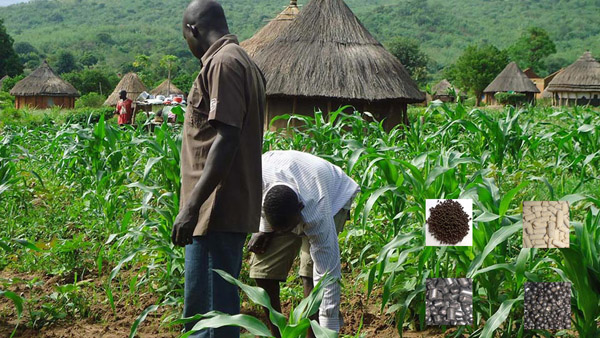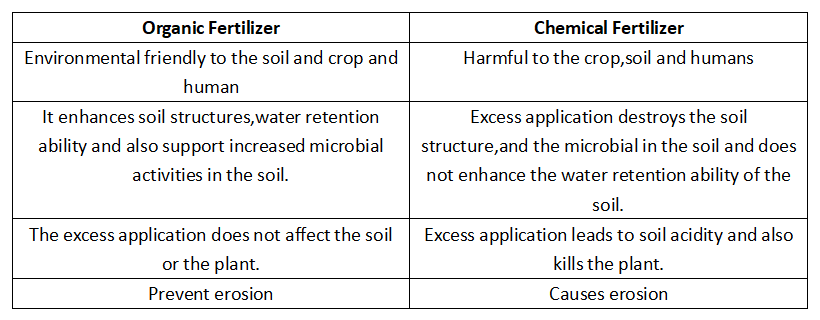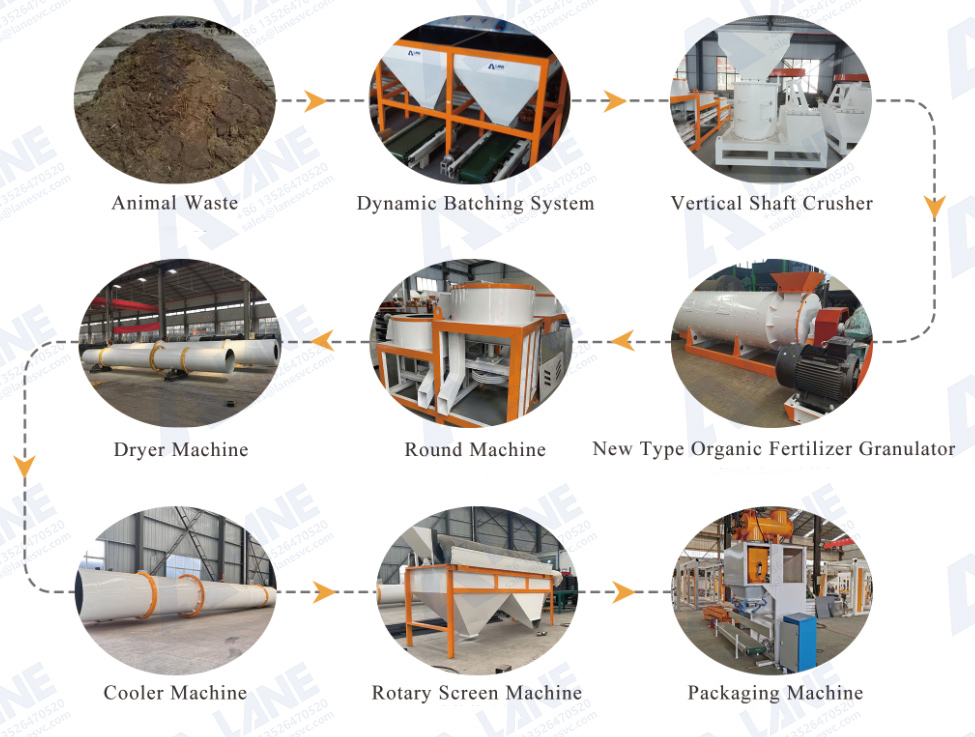Nigeria has a land area of 923,768 square kilometers, of which more than 60 million hectares are cultivated land (including abandoned cultivated land), and the land resources are rich. Nigeria has a long history of agricultural development and a good foundation. Agricultural employment accounts for 70% of the total labor force.

Current fertilizer business in Nigeria
Nigeria’s land is relatively barren. According to a survey by the Federal Ministry of Agriculture and Rural Development of Nigeria, more than 80% of the land in Nigeria is seriously deficient in nitrogen (nitrogen content is less than 0.1%), more than 75% of the land is seriously deficient in phosphorus (phosphorus content is less than 10mg/kg), and more than 60% of the land is moderately or severely deficient in potassium (potassium content is less than 25ml/kg). Due to the high import price, the annual application of chemical fertilizers is only 1 million tons, with an average of only more than 30 kilograms per hectare. Nigeria has great potential in the consumption and use of organic fertilizers.
Nigeria’s transition to organic fertilizers
The following is a comparison between the production of organic fertilizers and the production of chemical fertilizers:

Organic matter such as feces and crop residues has been proven to increase crop yields and improve soil ecological problems.More and more Nigerian farmers are beginning to realize that organic fertilizer production is very important in agriculture, which can increase food production and achieve food security.
Types of organic fertilizers that can be produced in Nigeria:
Post-harvest waste: mainly food waste, which can solve the problem of urban waste pollution, realize the commercialization of waste-to-fertilizer, and is beneficial to sustainable development.
Active organic fertilizer: mainly livestock and poultry waste, using microorganisms to ferment and dehydrate feces to produce high-quality organic fertilizer.
Straw and cake: The volume of fertilizer produced by this type of raw material is twice that of other raw materials of the same quality.
Solutions and future prospects for organic fertilizers
The Nigerian government has given certain policy support to the agriculture and fertilizer industries. The implementation of the Presidential Fertilizer Initiative (PFI) aims to revive dying mixed fertilizer plants and encourage the construction of new plants in Nigeria to ensure an increase in local fertilizer production. Although the initiative is mainly aimed at inorganic fertilizers, the policy promotion is also conducive to the development of the entire fertilizer industry, including the production and application of organic fertilizers.
With the opening of government policies, more and more farmers have begun to introduce advanced foreign organic fertilizer production equipment and technologies to produce high-quality organic fertilizers.
How do farmers produce organic fertilizer locally?
The first is the collection of raw materials. There are many sources of raw materials for making organic fertilizer. Raw materials such as straw, bean cake, cottonseed cake, etc. are abundant in Nigeria. You can choose suitable and economical raw materials for organic fertilizer production according to the actual situation.
The second is the production process. You need to purchase a series of fertilizer production equipment to complete the production of organic fertilizer. LANE can customize the most suitable production line for you and create an organic fertilizer production line exclusive to you. It mainly includes: raw material crushing-mixing-granulation-drying, cooling-screening-metering and packaging, etc.

For more details, please feel free to contact us.
Henan Lane Heavy Industry Machinery Technology Co., Ltd.
https://organicfertilizerline.com/index.html/
Email: sales2@lanesvc.com
Tel: +86 15515885328
Whatsapp: +86 15515885328